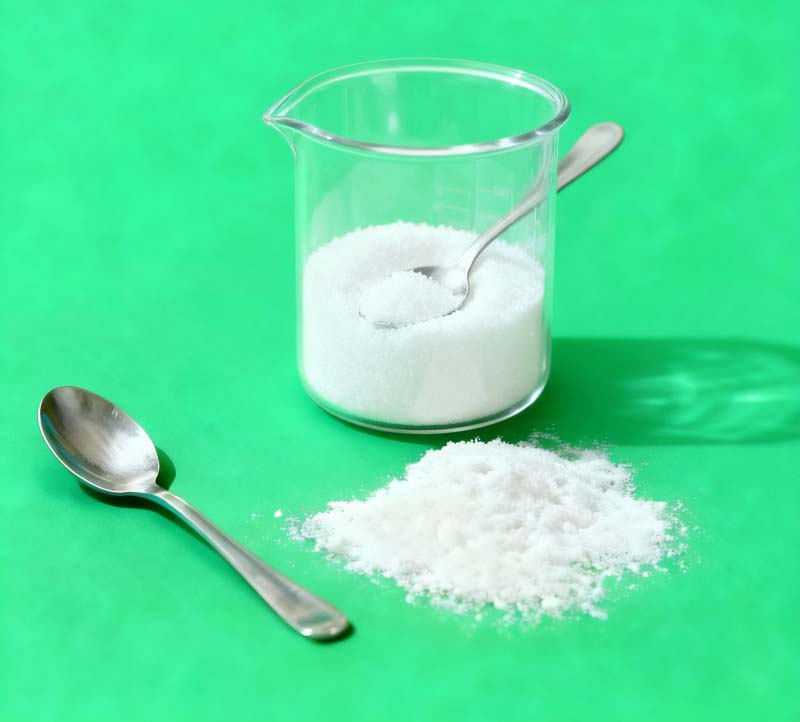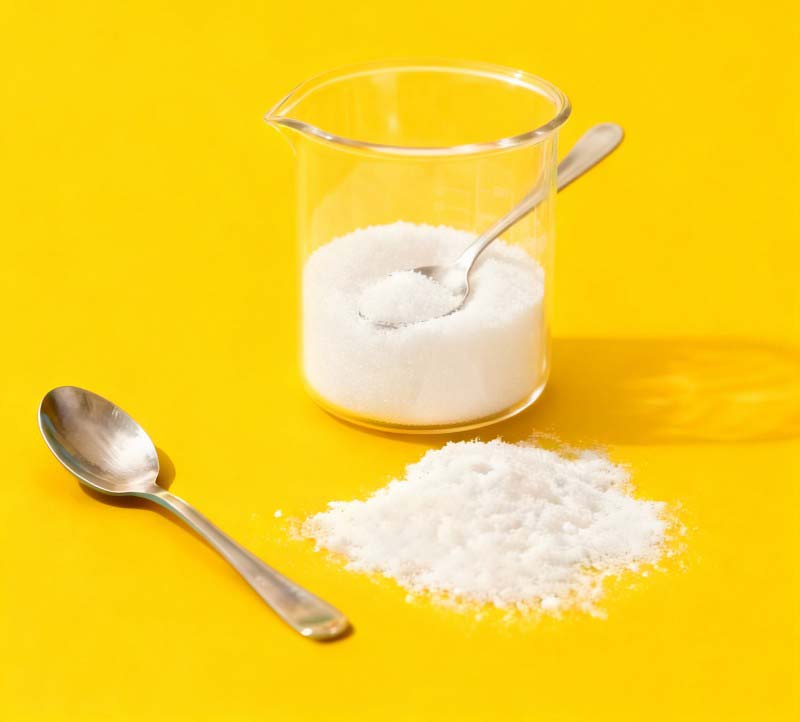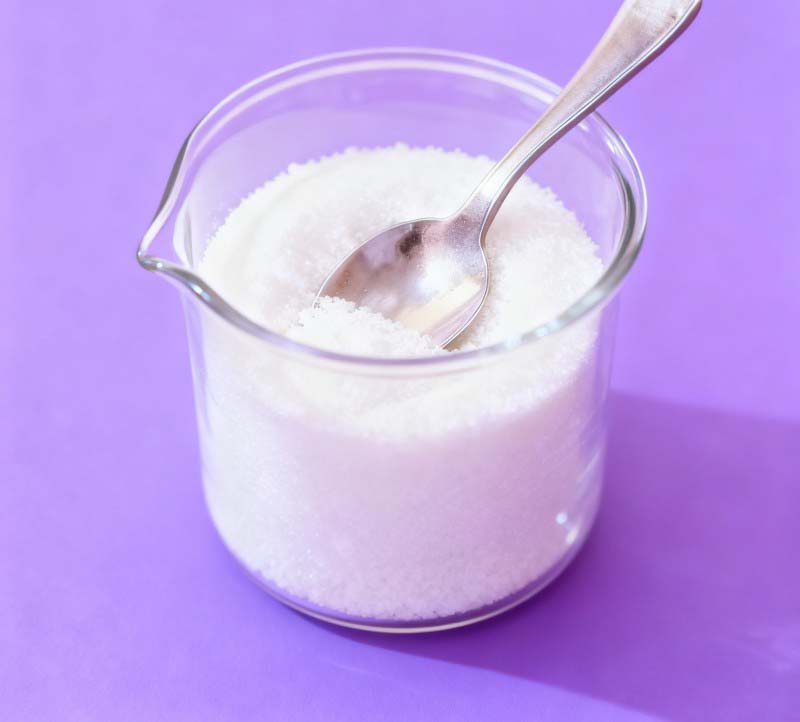Biotin: The Comprehensive Guide to Your Hair, Skin, and Nail Health
You’ve likely heard the term “Biotin” buzzing around in the worlds of health, wellness, and beauty. But what exactly is it, and why is it so important? This comprehensive guide will answer all your questions, from its basic functions to its potential benefits and how to ensure you’re getting enough.
Biotin, also known as Vitamin B7 or Vitamin H, is a water-soluble vitamin that plays a crucial role in the body’s metabolic processes. As a coenzyme, it is essential for breaking down fats, carbohydrates, and proteins from the food you eat into energy. This fundamental function makes it vital for the health of your hair, skin, nails, and nervous system.
The surge in biotin’s popularity is driven by its well-documented and visible benefits. Here’s a breakdown of what it does for your body:

Promotes Healthy Hair Growth
Biotin is often hailed as the “hair vitamin” for a reason. It supports the production of keratin, the primary protein that makes up your hair. Adequate biotin levels are associated with stronger, thicker, and faster-growing hair, and may help reduce hair thinning or brittleness.
Strengthens Nails
For those struggling with brittle, splitting, or weak nails, biotin can be a game-changer. Clinical studies have shown that supplementing with biotin can significantly increase nail thickness and reduce splitting.

Supports Radiant Skin
Biotin contributes to healthy skin by playing a role in fat metabolism. This is important for maintaining healthy skin cell function and moisture retention. A deficiency can sometimes lead to dry, itchy skin or even rashes, so ensuring adequate intake is key for a clear, glowing complexion.
Boosts Energy Metabolism
As a key player in converting food into usable energy, biotin helps combat fatigue and supports overall metabolic efficiency. It helps your body use the energy from your meals effectively.

Supports Nervous System Function
Biotin is involved in the synthesis of neurotransmitters, which are crucial for proper brain function and nerve signaling.
While true biotin deficiency is relatively rare, certain factors can increase your risk. Symptoms of a deficiency may include:
Groups at higher risk include:

The best way to get any nutrient is through a balanced diet. You can find biotin in a variety of foods: